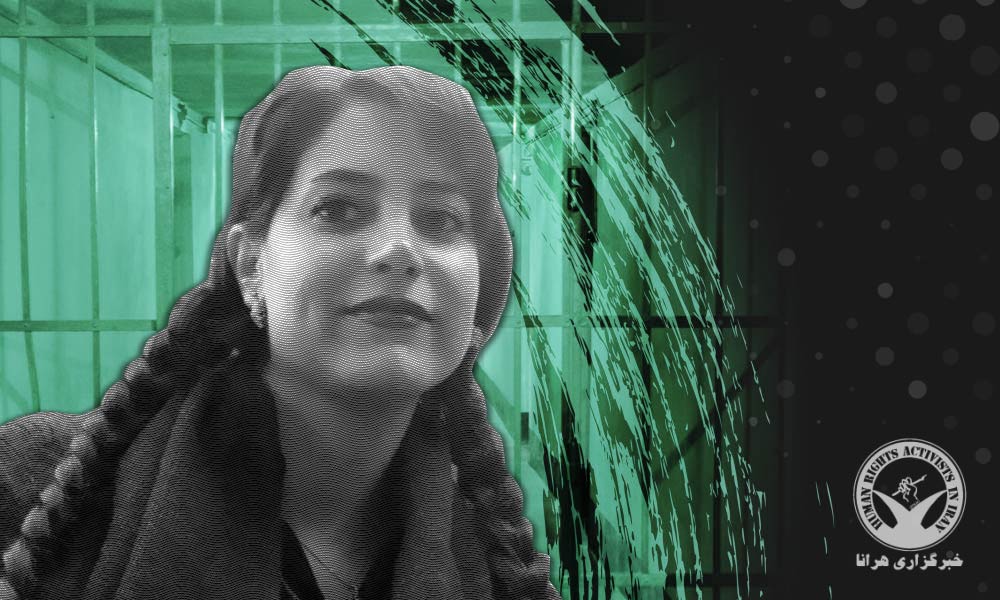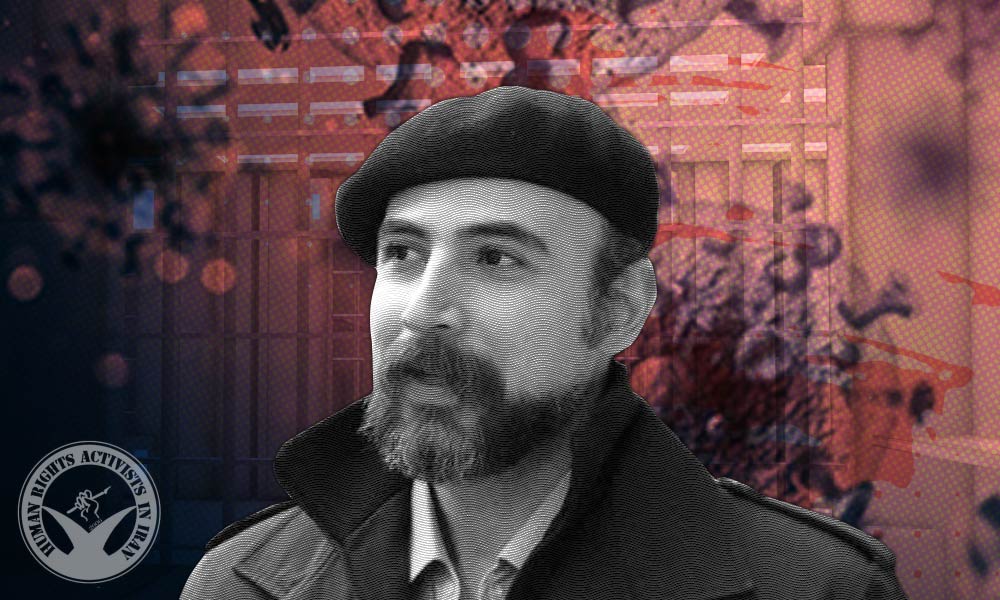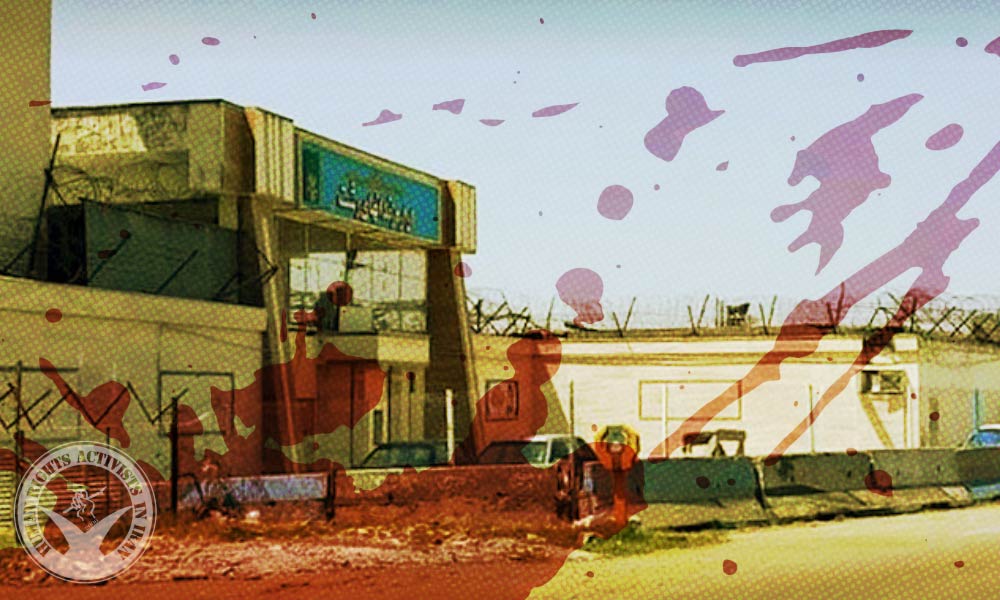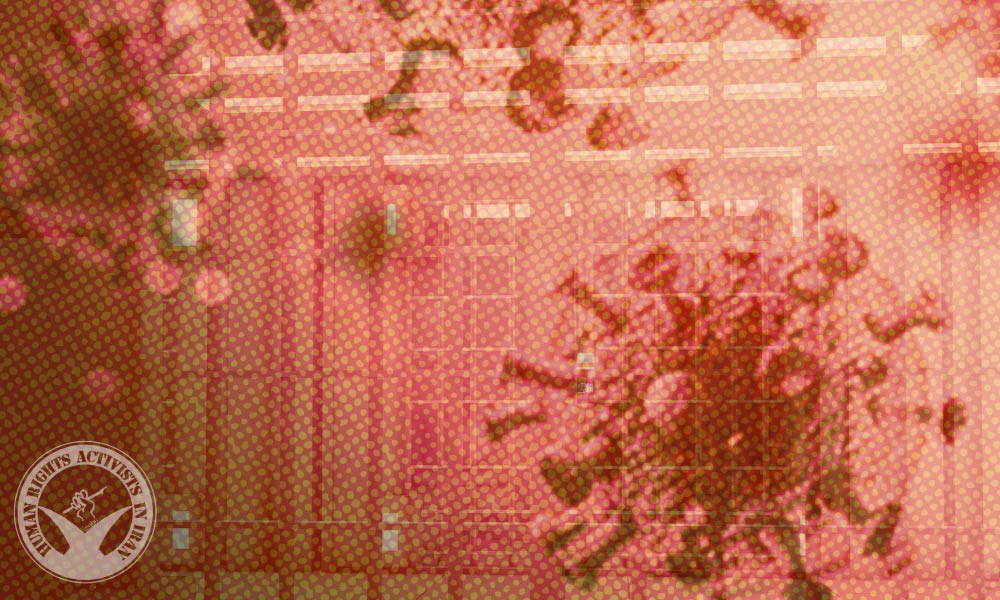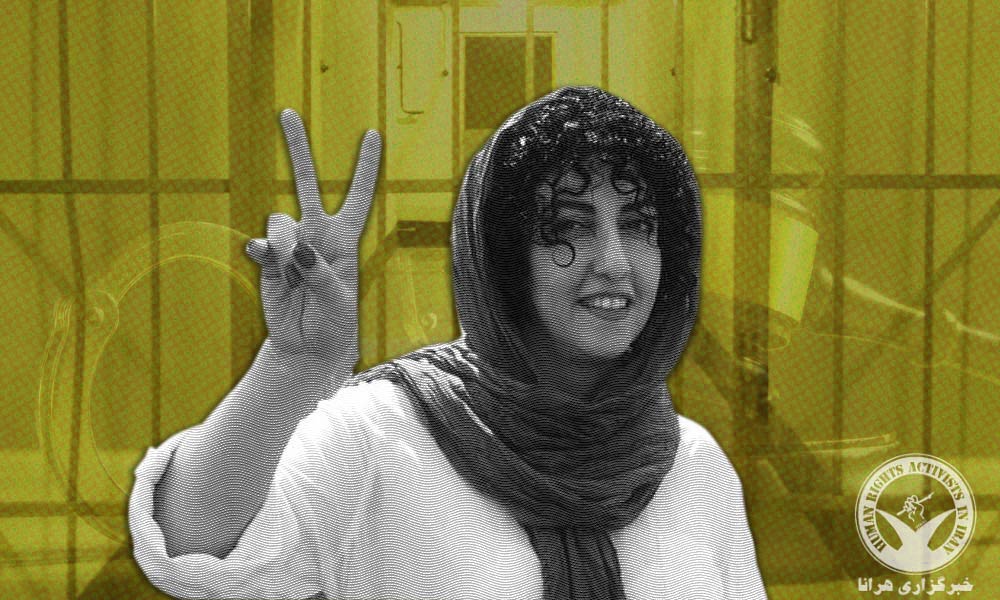On March 9, Keyvan Bazhan, writer and a member of the Iranian Writers’ Association was released from Evin Prison on furlough. By the end of the furlough period, he will have served his sentence and hence will not return to prison.
According to HRANA, the news agency of Human Rights Activists, Bazhan, has been imprisoned since October 2020. On May 7, 2015, Bazhan was summoned by Branch 12 of the Court of Culture and Media along with Reza Khandan and the deceased Baktash Abtin, where they were interrogated and accused of “propaganda against the regime”. On January 22, 2019, they were arrested during an appearance at Branch 28 of Tehran’s Revolutionary Court. Due to an increase in bail to one billion tomans and their inability to post bail, they were jailed in Evin Prison. Four days later, Bazhan was released on bail until the end of legal proceedings.
On April 27 and 28 of 2019, the first court session was held by Branch 28 of Tehran’s Revolutionary Court. The court, headed by Judge Mohammad Moghayeseh, sentenced him to one year in prison on the charge of “propaganda against the regime” and five years on the charge of “assembly and collusion against national security”. On September 26, 2020, he was sent to Evin Prison to serve his sentence.
In the trial, examples for the above-mentioned charged included Bazhan’s membership in the IWA, as well as publishing the internal newsletter for IWA, collecting and authoring a book about the history of IWA and visiting the burial place of the writers who were killed during the Chain murders of Iran, such as Mohammad Mokhtari and Mohammad-Ja’far Pouyandeh.
The IWA is an independent group of authors, poets, editors and translators based in Iran which was formed in May 1968 to fight against state censorship. The government has continuously persecuted members of the IWA after the 1979 revolution. In 1998, several IWA members, including opposition politicians Dariush Forouhar and his wife Parvaneh Eskandari, and writers Mohammad Mokhtari and Mohammad-Ja’far Pouyandeh, were murdered.




